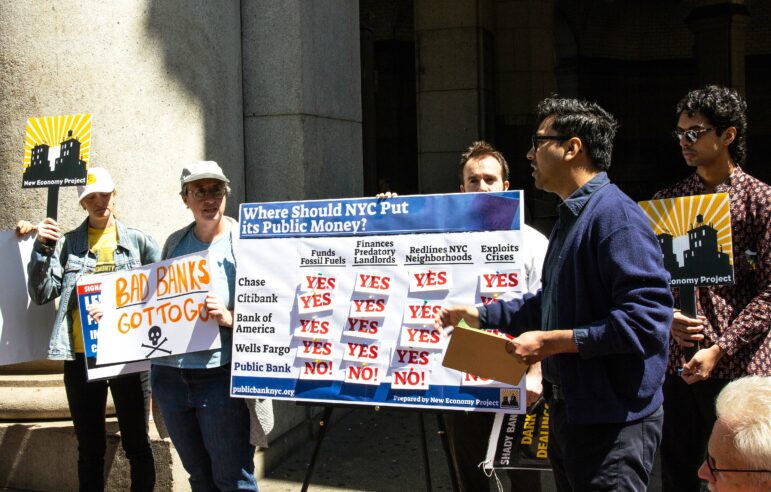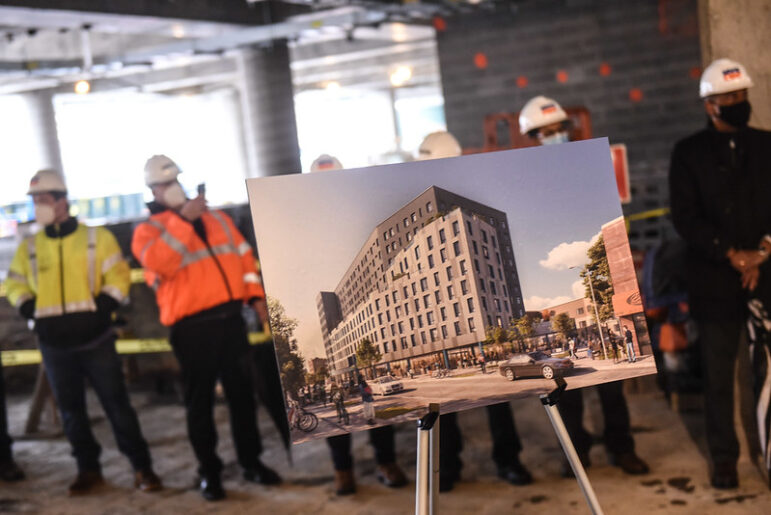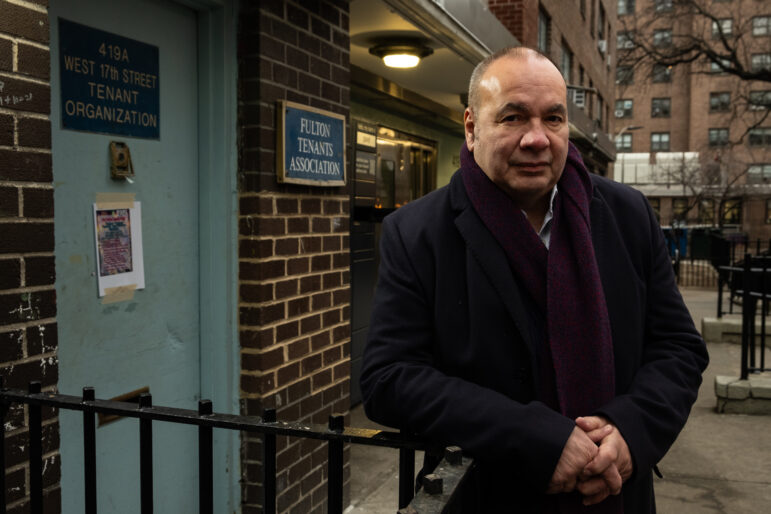In a seemingly endless game of “now you see it, now you don’t,” the Bush administration proposed yet another round of cuts to Section 8 rental voucher funding.
The latest formula change, which would drop individual subsidies to local low-income families by as much as 14 percent, came just weeks after New York City celebrated a restoration of close to $55 million in 2004 Section 8 funding.
At press time, city officials were waiting for the U.S. Department of Housing and Urban Development (HUD) to finish a survey of local rents, and hoping for yet another reversal of fortune.
At this rate, however, any good news is bound to be temporary. So why all the back and forth?
While the decisions may look “arbitrary and political,” one Washington insider suggests, there’s a logic to HUD’s approach. “They’re taking their hits, but they’re still whittling away,” he says.
HUD’s made no secret of its concerns about the vouchers. “Over three decades, Section 8 has grown into an overly prescriptive and unwieldy program,” wrote HUD Secretary Alphonso Jackson in an August 6 New York Times op-ed. “Costs have spiraled out of control, without a corresponding gain in benefits.”
The push to cut costs set off a series of proposed changes, starting with the administration’s “flexible voucher” plan, which would block-grant funding to public housing authorities, and ending with the most recent recalculation of “fair market rent,” which determines the maximum amount of subsidy HUD will pay in a given housing market.
The consequence of all this upheaval has become apparent: Section 8 usage is starting to slip. “Cuts in funding, declining payment standards, and general program uncertainty are driving landlords from the program, and are leading Public Housing Authorities to reduce benefits or cut recipients,” Senator Hillary Clinton wrote in a September 23 letter to Jackson.
Democrats are also calling into question the 2004 restorations, which were announced right in the middle of the Republican National Convention. “Maybe it was a coincidence,” quips former HUD secretary Andrew Cuomo, part of a coalition that had threatened to sue over the cuts. “The ones that screamed the loudest and the ones that were the most politically sensitive got restored. New York screams the loudest. They’re having the Republican convention here. New York gets restored.”
HUD spokesperson Donna White says the timing wasn’t political. “We just wanted to respond [to local appeals] as soon as we could,” she explains. She says the financing, which totals roughly $156 million nationwide, shouldn’t be considered a restoration, since it’s actually “additional funding” under HUD’s new formula.
The National Low Income Housing Coalition is still in the process of assessing the winners and losers nationally. “It’s breathtaking, the hypocrisy from the Bush administration,” says Executive Director Sheila Crowley, remarking on the president’s campaign promise to build seven million new homes for ownership. “You’re talking about creating new housing at the same time you’re dismantling the housing programs.”
The Bush administration isn’t the only threat. In its budget for the coming fiscal year, the House Appropriations committee maintained Section 8 funding but proposed sharp cuts to other programs, including housing for homeless people, seniors, Native Americans, people with disabilities and people with AIDS. –Cassi Feldman








